-
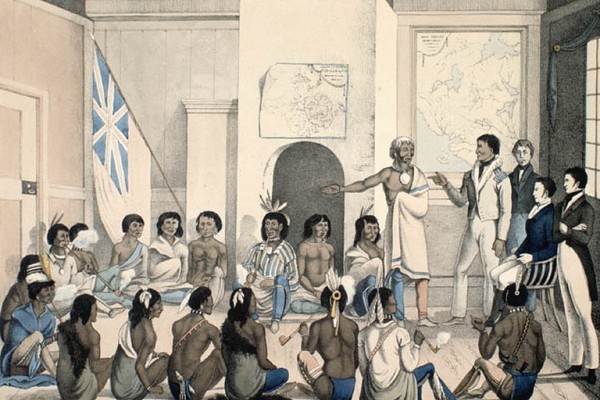
Settler colonialism: What’s in a name?
Once a radical breakthrough, settler colonial theory now dominates Canadian scholarship. In his review of On Settler Colonialism in Canada, Bryan D. Palmer welcomes its moral clarity but warns that it risks eclipsing capitalism’s structural power, arguing that true decolonization demands confronting the economic engines driving dispossession.
-
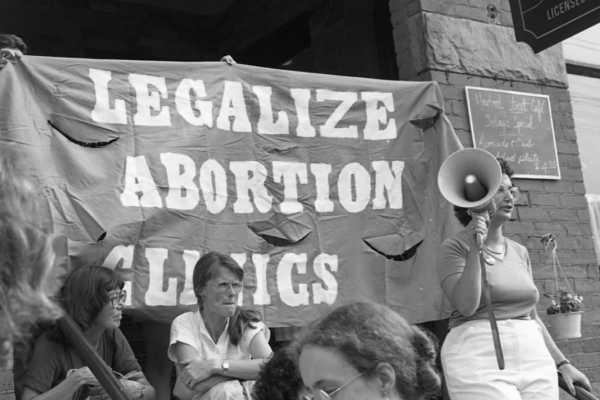
A global reminder that the fight for abortion rights is far from over
The A Word is aptly named. I’m always struck by how, even in Canada, people still feel compelled to whisper when they talk about abortion. It’s a legal medical procedure—we don’t whisper about appendectomies, heart surgery, or root canals. And yet abortion continues to carry, for many, a faint air of impropriety.
-
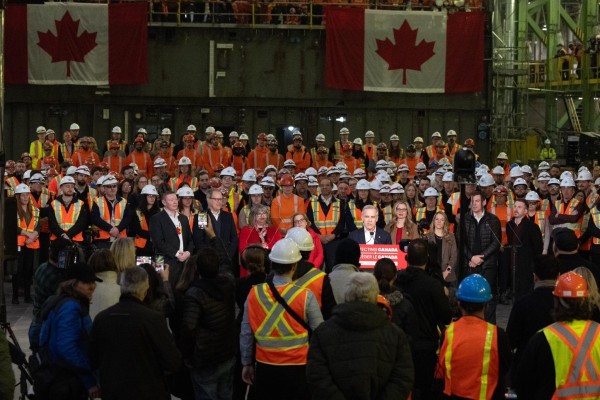
Searching for the adult in the room: Canada’s recent electoral upheaval
Justin Ling’s latest book examines Canada’s stunning 2025 election, where Donald Trump’s threats of annexation upended politics. Pierre Poilievre’s isolationism collapsed under scrutiny, while Mark Carney rose as the “adult in the room.” Yet Ling leaves unanswered questions about the silenced progressive voice and the NDP’s steep decline.
-
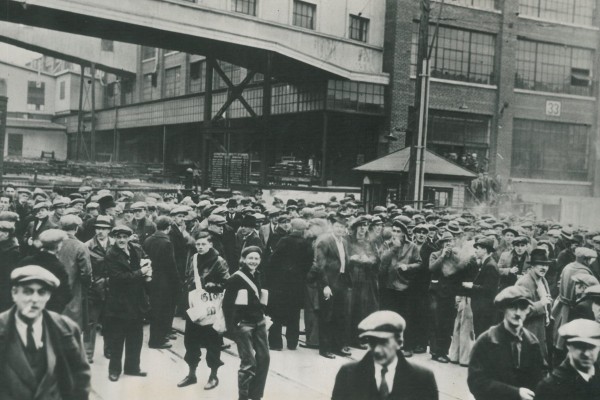
Class struggle unionism, auto workers, Reds, and the 1930s
The 1937 Oshawa GM strike shows how militant industrial unionism, radical leadership, and rank-and-file solidarity transformed working conditions and built lasting power for labour. Set against economic crisis and rising fascism, these struggles offer urgent lessons for rebuilding a fighting workers’ movement in today’s turbulent climate.
-

The ‘haka party’ incident and the fight for Māori dignity
The Haka Party Incident is both a metonym and a contained story. Its dexterity lies in allowing the complexity of its subjects to shine while also turning important questions back on the viewer and the lands they occupy. For settlers on Turtle Island especially, the lesson is clear: there can be no justice while Indigenous peoples and their traditions are erased.
-

Remembering the resistance that helped stop a genocidal war
In Hell, No! We Didn’t Go!, lawyer and resister Eli Greenbaum shares the stories of dozens of young men who “[refused] to serve in a criminal war.” He estimates that over 300,000 Americans either resisted the draft or deserted, and that 30,000 to 50,000 fled to Canada. Many of them chose to remain even after being offered presidential amnesty.
-
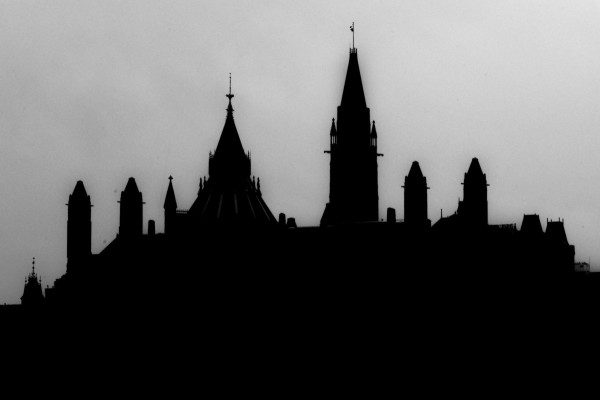
Canadian democracy in ‘advanced disrepair,’ claims Coyne
A long-standing maxim in the newspaper business holds that the longer you spend as a journalist, the more jaded and cynical you become. As a high-profile columnist for national newspapers since 1985, most recently for the Globe and Mail, Andrew Coyne may have succumbed to this syndrome, judging by his new book The Crisis of Canadian Democracy.
-
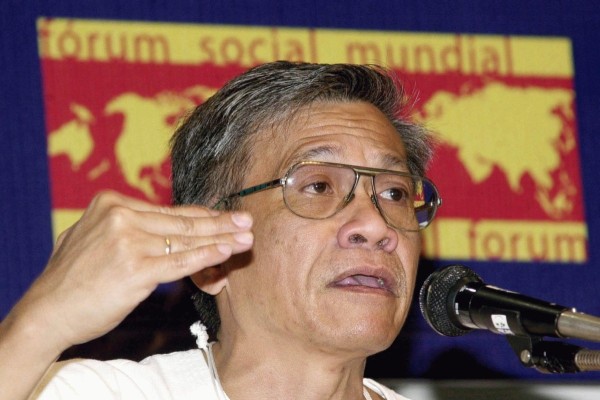
Jousting with empire: a review of Walden Bello’s ‘Global Battlefields’
In Global Battlefields, Walden Bello’s analytical rigor illuminates the trials that he and his allies confront. He notes that the new normal is polycrisis: an intersection of climate change, unrelenting capitalist expansion, increasing inequality between and within states, and the perpetual drive to imperial violence.
-

Taking housing policy solutions to their failure point
For urban planner and professor Carolyn Whitzman, the tactics that allow tenants to challenge rent increases, resist evictions, and improve their living conditions have only a marginal place in the equation for social change. In the world of Home Truths, her new book, those who have been adversely impacted by the housing crisis are given no opportunity to fight back.
-
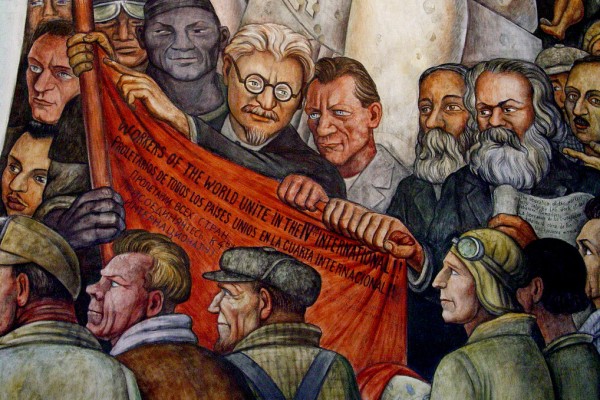
Western Marxism and the world crisis
Marxism is in the throes of a great intellectual renewal worldwide reinforced by the ongoing capitalist crisis and the intellectual and political exhaustion of liberalism, neoliberalism, postmodernism and even cultural studies. But now in the face of the rise of China and the world capitalist crisis Marxism and Marxists are being forced to reconsider their own history.



